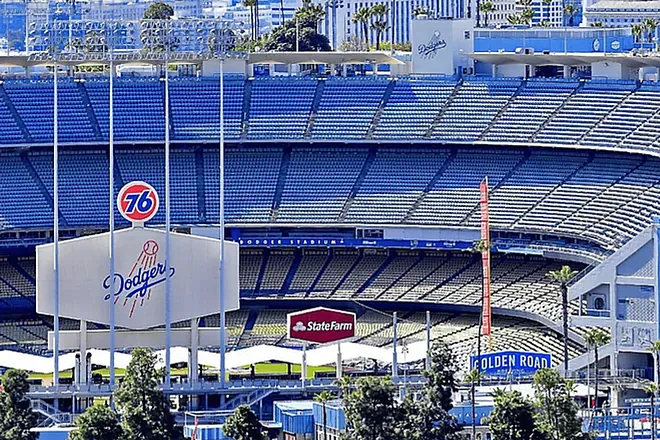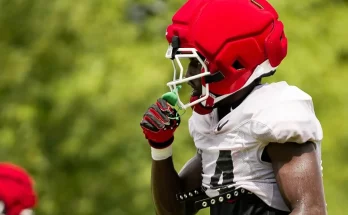The Los Angeles Dodgers, one of Major League Baseball’s most storied franchises, are currently facing serious legal scrutiny as a federal complaint has been filed against the team, alleging discriminatory practices. This development has sent shockwaves throughout the baseball community and beyond, raising significant concerns about the organization’s internal culture and treatment of employees. The complaint alleges systemic discrimination that could impact not only the Dodgers’ reputation but also broader conversations around equity and fairness in professional sports.
Discrimination allegations in sports organizations are unfortunately not unprecedented, but when they surface against a high-profile team like the Dodgers, the ripple effects are widespread. These allegations can undermine trust within the team, affect player morale, alienate fans, and invite regulatory scrutiny. The Dodgers, who have enjoyed considerable success on the field, now find themselves fighting a battle off the diamond, one that could reshape public perception and force a reexamination of their policies and practices.
The details of the complaint, while still unfolding, reportedly center around claims that certain employees or groups within the Dodgers organization were treated unfairly based on factors such as race, gender, or other protected characteristics. Such allegations raise questions about hiring practices, workplace environment, promotion opportunities, and how complaints or concerns are handled internally. In professional sports, where diversity and inclusion have increasingly become focal points, these accusations can be particularly damaging.
This federal complaint comes at a time when sports franchises are under more intense scrutiny than ever before, both from the public and from governing bodies committed to ensuring equality and fairness. The Dodgers have publicly expressed their commitment to fostering an inclusive environment, but this complaint challenges those assertions and puts the organization on the defensive. The team will need to demonstrate transparency and accountability as investigations proceed.
The legal process surrounding such complaints often involves a detailed investigation by federal authorities, which can include interviews, document reviews, and assessments of organizational policies. If the allegations are substantiated, the Dodgers could face legal penalties, be required to implement corrective measures, and potentially pay damages. Beyond the courtroom, the team will need to repair its public image and rebuild trust with employees, fans, and sponsors.
Historically, professional sports teams have made progress addressing diversity and inclusion, but issues persist. The Dodgers’ case serves as a reminder that even the most successful organizations must remain vigilant against discrimination and proactive in creating fair workplaces. The broader MLB community and other sports leagues are likely to watch this situation closely, as it could set precedents for how similar complaints are handled in the future.
The Dodgers’ leadership now faces a critical moment. How they respond will influence not just the immediate outcome of the complaint but also the long-term culture and integrity of the franchise. Taking meaningful steps to address the issues raised, engaging with affected parties, and committing to systemic change will be essential for the Dodgers to move forward positively.
This complaint also highlights the importance of ongoing conversations about race, gender, and equality in sports and society. Professional teams, given their visibility and influence, have a unique responsibility to lead by example. The Dodgers’ situation underscores the work still needed to ensure all individuals are treated with respect and fairness, regardless of their background.
As this case develops, the public and media will continue to scrutinize the Dodgers’ actions and the responses of Major League Baseball. The outcomes could have lasting effects on how sports organizations approach workplace culture, discrimination policies, and employee relations. For now, the Dodgers are in the spotlight not just for their athletic achievements but for a serious legal and ethical challenge that demands attention and action.
Ultimately, this federal complaint against the Dodgers is a pivotal moment that transcends baseball. It is a call for accountability and change that resonates across industries and communities. How the Dodgers address these allegations will serve as a benchmark for others and could inspire broader efforts to combat discrimination in professional environments everywhere.



